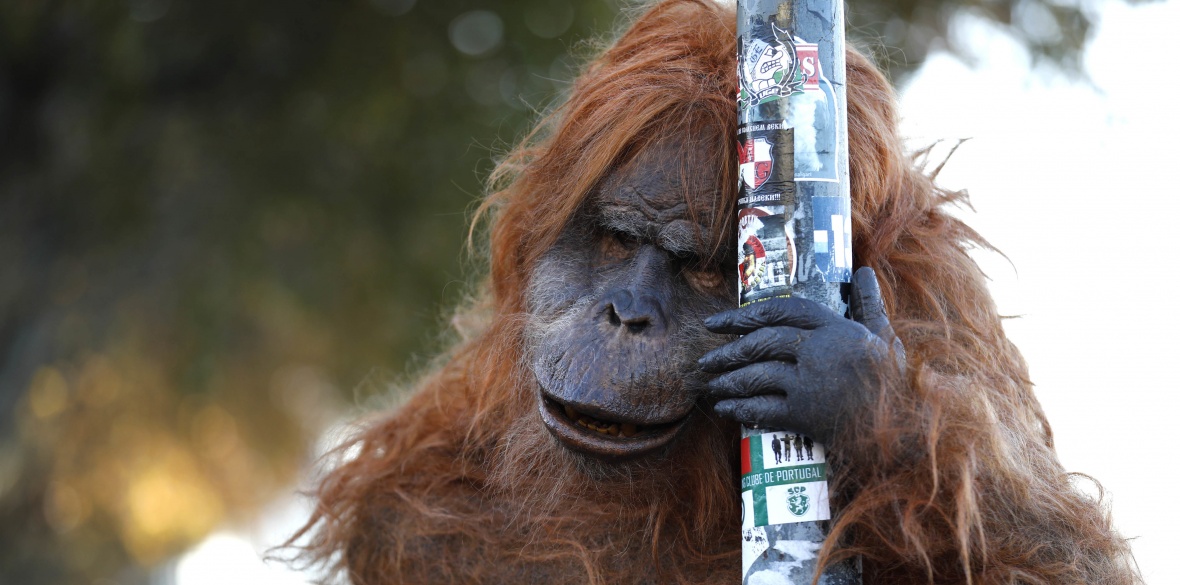This is the last article you can read this month
You can read more article this month
You can read more articles this month
Sorry your limit is up for this month
Reset on:
Please help support the Morning Star by subscribing here
BRITISH brands have failed yet again to meet their own commitments on palm oil, with many companies continuing to profiteer from the destruction of forests and wildlife.
Not one British company achieved top scores on the WWF’s latest palm oil scorecard yesterday — a 10-year project reviewing companies on how effective they are in sourcing sustainable palm oil products.
To attain a top score, companies must show that they have a time-bound commitment to sustainable palm oil that does not cause deforestation or the destruction of nature.
Of the British companies reviewed, only Marks & Spencer and The Co-operative Group score in the 90th percentile.
Tesco, Asda and Unilever follow behind while Whitbread, owners of Premier Inn and Beefeater, and catering company Compass Group, scored at the bottom.
WWF palm oil expert Dr Emma Keller said: “Consumers don’t want their food or other purchases to come with a side order of deforestation and destruction of wildlife — but after a decade of promises, too many companies have failed to deliver.
“British companies must prove to their customers that they’re not selling products involved in destroying nature.”
Palm oil is considered sustainable if its production has not involved deforestation or exploitation of people and has not been planted on carbon-rich peat soils.
It is used in an enormous variety of products from shampoos and soap to lipstick and toothpaste, making it the most consumed and traded vegetable oil in the world.
To meet this huge global demand, large swathes of rainforest are cleared to make way for palm oil plantations.











